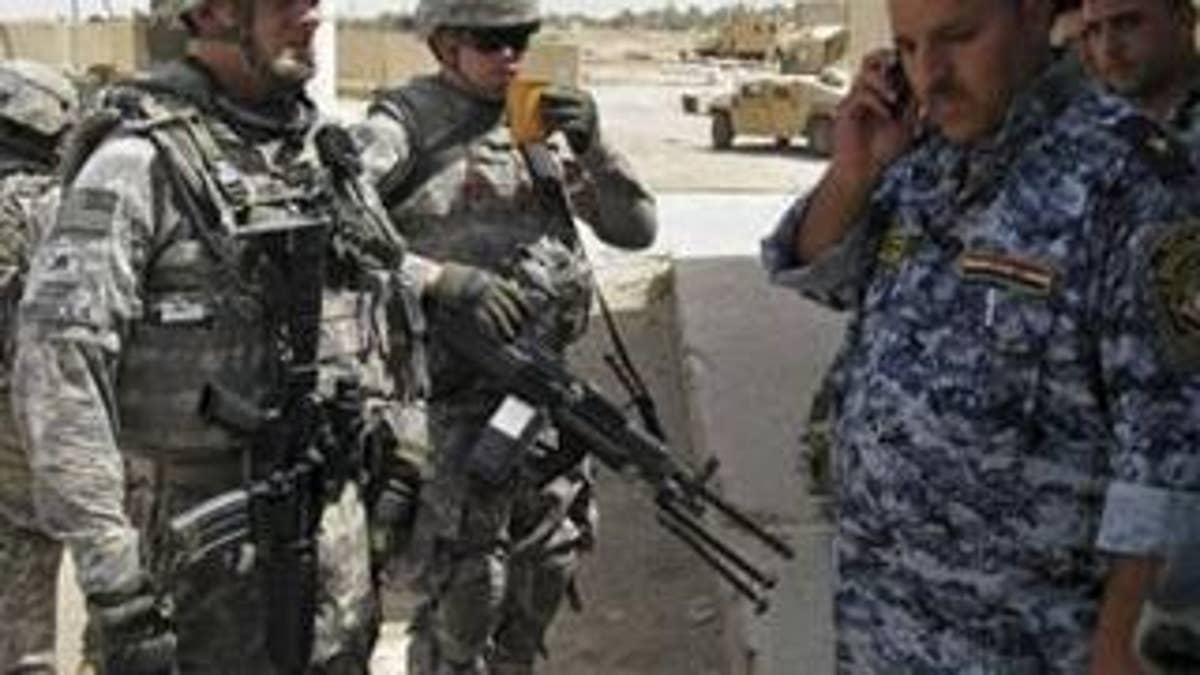
Interference from violent extremists, the uncertainty of Iraq's national elections in January and ongoing tensions between Arabs and Kurds are three major challenges the U.S. faces as it withdraws from Iraq, members of a House committee warned Wednesday.
The U.S. also must decide what to do with the nearly 3.3 pieces of military equipment in Iraq -- most of which will be sent home to U.S. military bases or transferred to combat operations in Afghanistan, Defense Undersecretary for Policy Michele Flournoy testified Wednesday.
In a hearing before members of the House Armed Services Committee on the U.S. redeployment from Iraq, Flournoy said the U.S. must ensure the Iraqi military is "truly representative of Iraq" as it works to meet President Obama's Aug. 2010, withdrawal timeline.
"We need to make sure it's a national institution," she said, adding that the U.S. must be certain Iraq's military will not be used by one power or party for "sectarian aim."
Flournoy testified that some equipment will be given to Iraqi security forces to ensure the country's safety and stability as a sovereign nation.
"Equipment will only be considered for transfer if it is not needed by U.S. forces in Iraq and Afghanistan," she said.
House Armed Services Committee Chairman Rep. Ike Skelton, D-Mo., and Ranking Member Rep. Howard McKeon, R-Calif., both expressed skepticism over the Iraqi national elections scheduled for January.
Citing a report in Tuesday's London Times that questioned whether the Iraqi Parliament will push back the election date, McKeon stressed that a "peaceful national election in January is critical" to a successful U.S. transfer of power.
"Al Qaeda doesn't want to have an election and they want to do what they can to disrupt it," Skelton added.
The U.S. in June pulled its combat troops out of Baghdad and other cities and towns, handing over security responsibilities to Iraqi forces. That withdrawal completed the Status of Forces agreement signed last November, and touched off celebrations in Baghdad and other cities.
Of the 140,000 U.S. troops currently stationed in Iraq, 35,000 to 50,000 would remain in a support role, Obama said in February.
But members of the committee cautioned Wednesday that the logistics of moving tons of equipment coupled with the threats of violence and an insecure election, could present hurdles in meeting Obama's troop withdrawal deadline.
"Right now -- on the ground in Baghdad, here in Washington -- our focus is trying to stick to the current election timeline," Flournoy said. "We are putting all of our diplomatic effort towards that end."
"This is an embryonic democracy," added McKeon. "We should be taking steps to ensure a robust security relationship."




